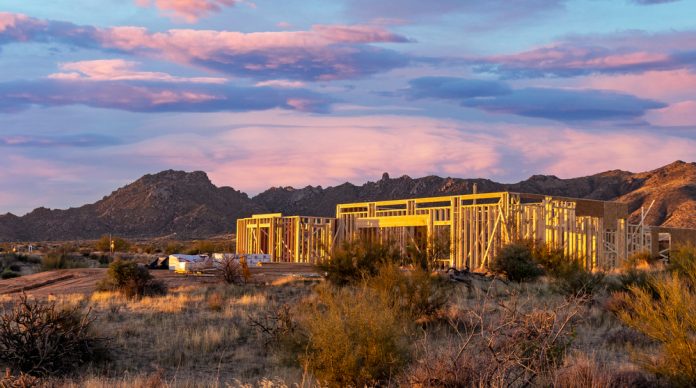Making the decision to buy a house is one of the most significant financial and personal choices you’ll ever make. But beyond choosing the perfect neighborhood or figuring out how much mortgage you can afford, a critical question comes up: should you build a brand-new home or purchase an existing one?
Each path offers unique benefits and challenges, and the right answer often depends on your priorities, budget, and long-term goals. Building a home from the ground up, for example, allows you to customize every detail, from the floor plan to the finishes. You’re creating a space that fits your needs and lifestyle perfectly. However, it’s not without its challenges. Construction timelines, potential cost overruns, and the stress of making hundreds of decisions can make building a new home feel daunting.
On the flip side, buying an existing home is often faster and may provide the charm and character that comes with older properties. But that path has its own risks as well, including the potential for costly renovations and maintenance.
So, which is the better option for you? Let’s explore the pros and cons of building a new home versus buying an old one!
Initial Costs: Upfront Investment and Budgeting
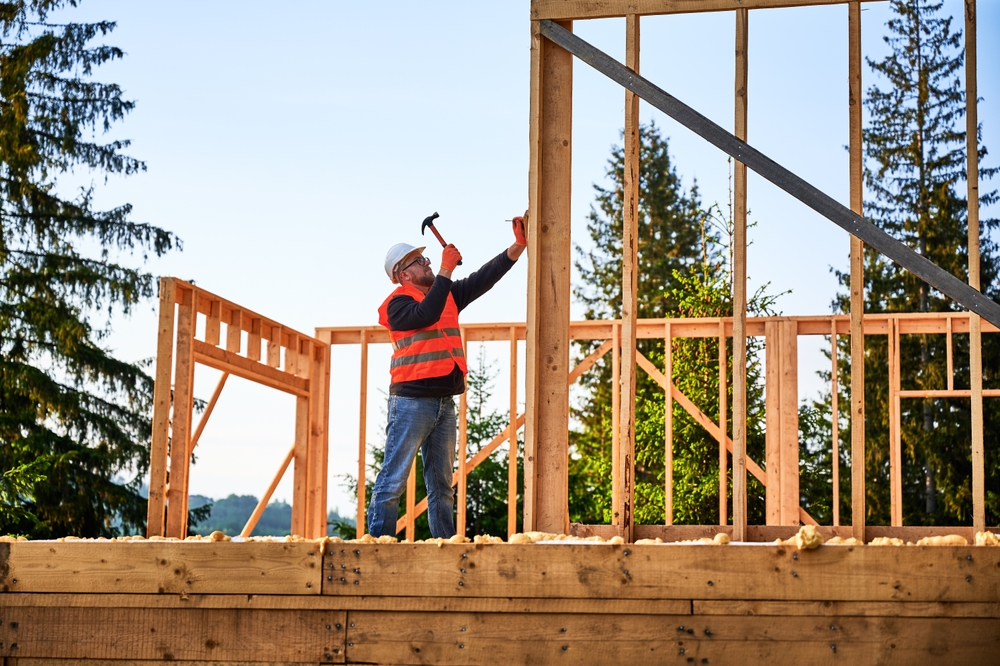
Photo by anatoliy_gleb via Shutterstock
The first consideration for most homebuyers is the cost. Building a new home and buying an older house both come with significant financial commitments, but the nature of those costs differs.
When building a new home, the upfront costs include purchasing land, hiring contractors, securing permits, and covering the construction expenses. It’s true that the price per square foot for a new build is often higher than that of an older home. However, new builds often come with fewer surprises. Since everything is planned from the outset, you’re less likely to encounter unexpected expenses like major repairs or hidden issues.
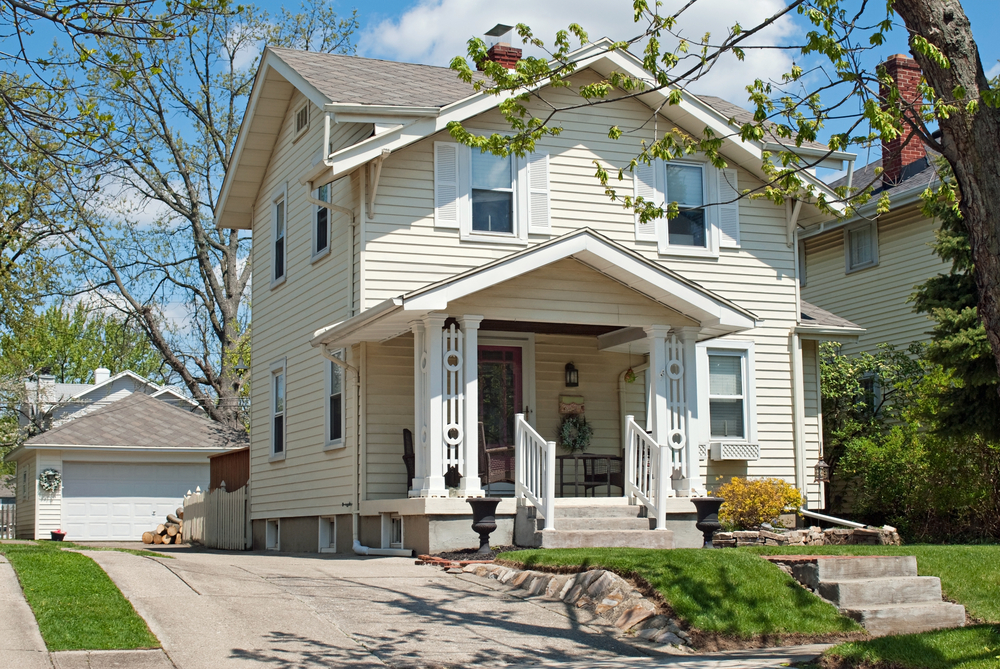
Photo by Susan Law Cain via Shutterstock
On the other hand, buying an older home may seem more budget-friendly initially. The sticker price is often lower, and you can typically move in more quickly. But older homes can come with hidden costs. Issues like outdated plumbing, bad electrical systems, or an aging roof can result in hefty repair bills. Renovations to modernize the space or make it suit your taste can also add up quickly, sometimes exceeding the price of building new.
If you’re working with a strict budget, building a home may be out of reach, simply because the upfront costs are so steep. However, if you can afford to pay for those upfront costs, building a new home can provide you with the custom space you’ve dreamed of (as well as the long-term potential to build significant equity).
Customization: Making the Space Truly Yours
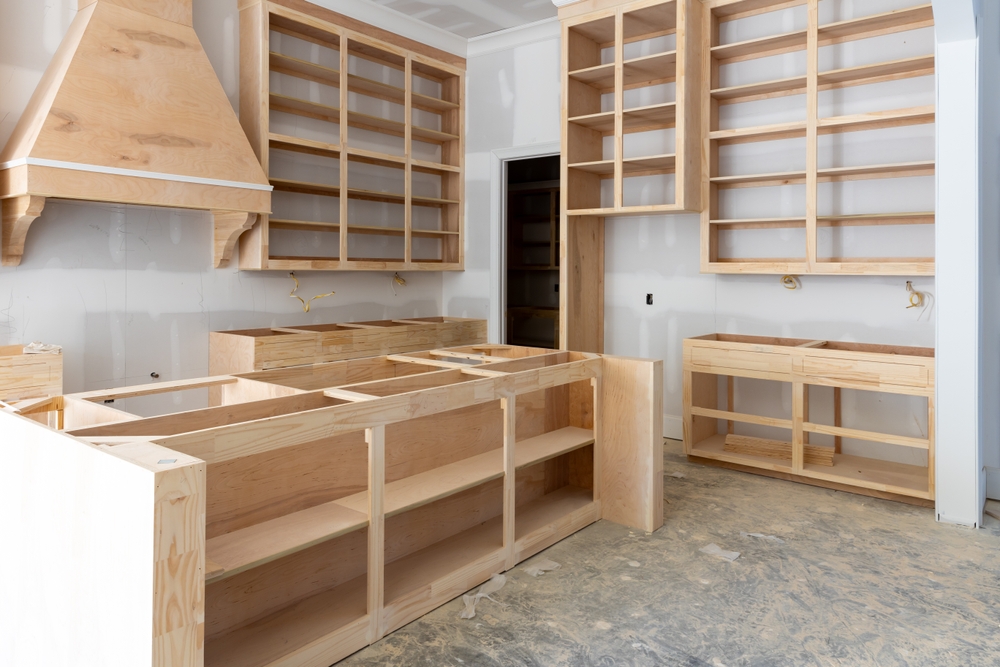
Photo by Chad Robertson Media via Shutterstock
One of the biggest advantages of building a new home is the ability to customize it to your exact needs and preferences. From choosing the layout and finishes to incorporating energy-efficient systems and smart home technology, the possibilities are nearly endless.
When you build, you have the freedom to design your dream kitchen, opt for the number of bedrooms and bathrooms that suit your family, and create functional spaces like home offices or mudrooms. You can also select high-quality materials and finishes that match your style. This level of personalization is nearly impossible to achieve when buying an existing home without extensive renovations.
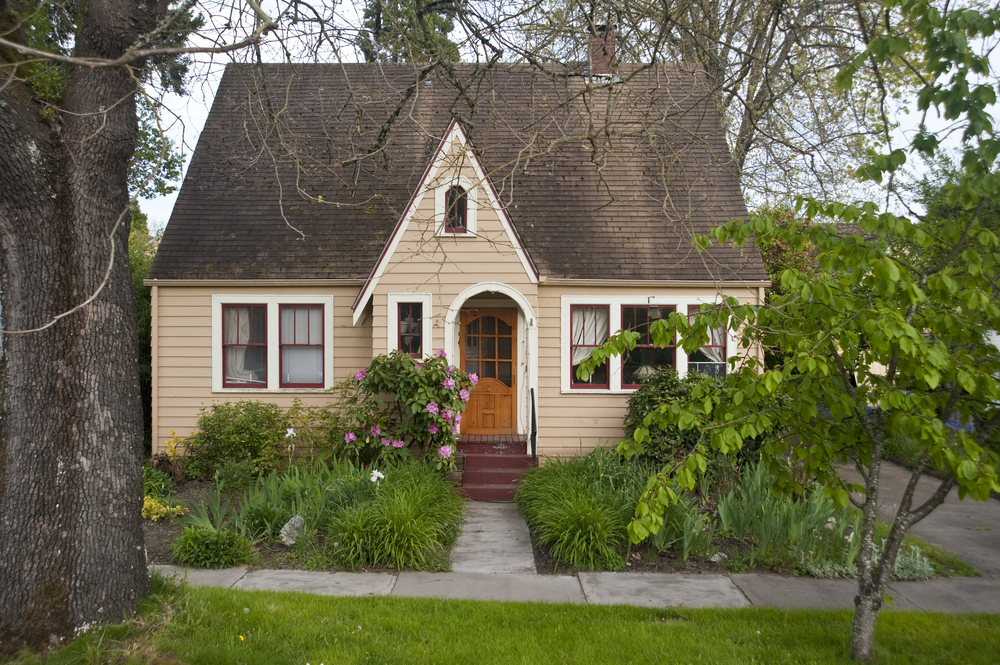
Photo by Robert Crum via Shutterstock
Older homes, while full of charm, often come with layouts that don’t suit modern lifestyles. Closed-off kitchens, limited closet space, or fewer bathrooms are common issues. Remodeling can definitely help, but it’s often expensive and may require working within structural limitations. Additionally, older homes may lack the infrastructure needed for modern technology, like high-speed internet or smart home features.
In other words, if you want a home tailored to your lifestyle and future needs, building is the clear winner.
Maintenance and Repairs: Planning for the Future
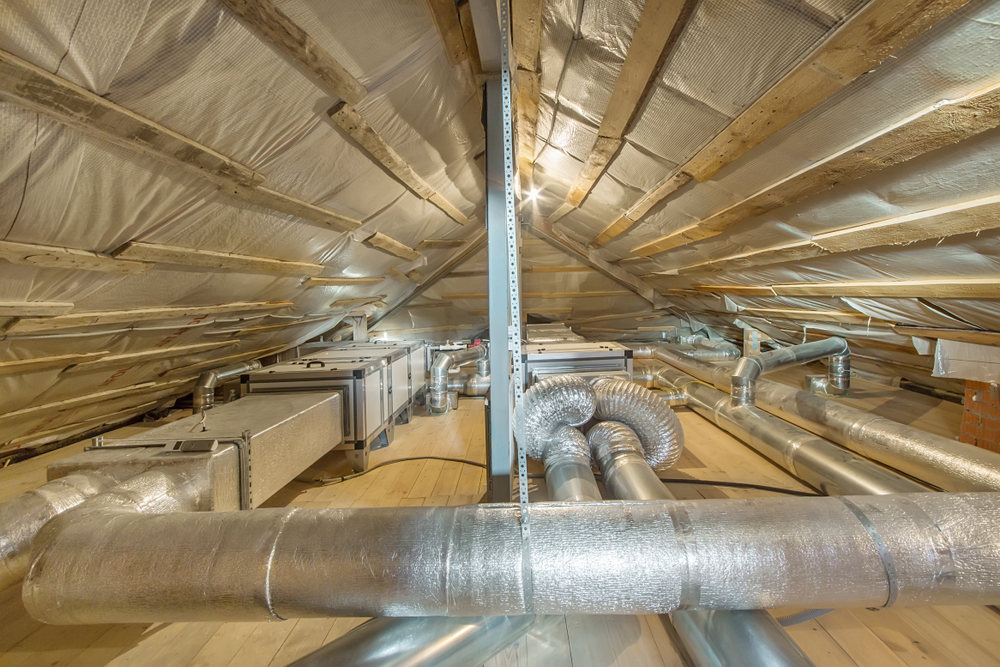
Photo by Alhim via Shutterstock
Maintenance is another critical factor when deciding between building new or buying old. New homes have the advantage of being built with modern materials and techniques, which typically translates to fewer maintenance issues in the early years. Many builders also offer warranties that cover major systems and structural components, giving you peace of mind.
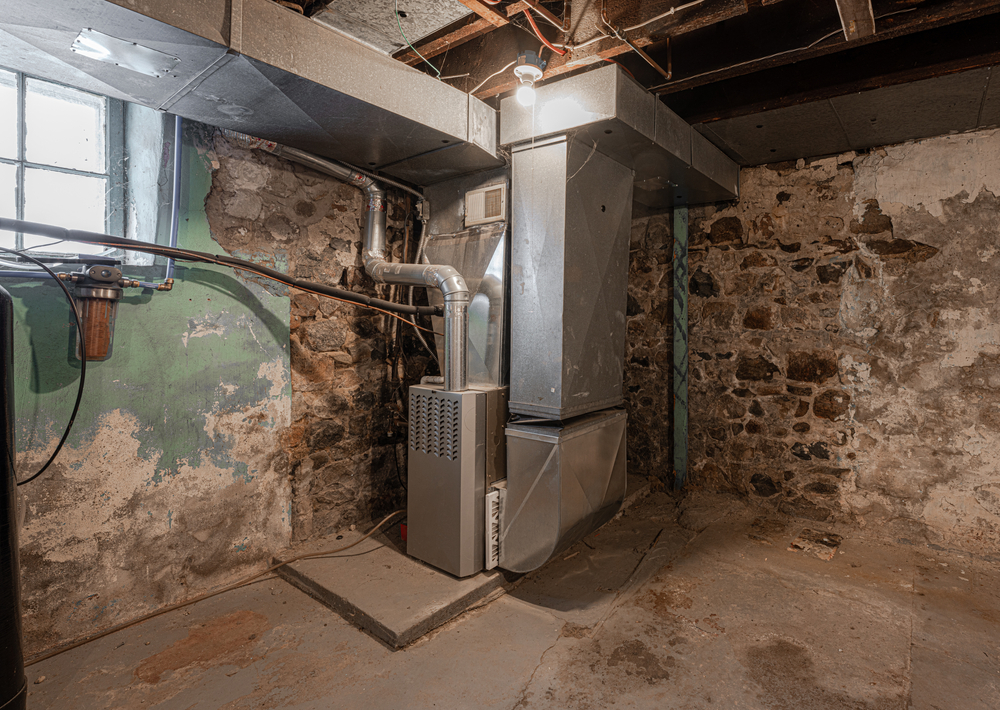
Photo by J.A. Dunbar via Shutterstock
In contrast, older homes often come with a laundry list of potential maintenance problems. Aging HVAC systems, outdated plumbing, and older roofs are common issues. While these problems can sometimes be mitigated with a thorough home inspection (and concessions by the sellers to pay for repairs), there’s always a risk of unexpected surprises. The cost of maintaining an older home can quickly add up, too, eating into your budget and causing stress.
So, if you prefer a low-maintenance lifestyle and predictable costs, building new is often the smarter choice. But, again, with the hefty up-front costs of building a new home, it isn’t an option for everyone.
Energy Efficiency and Technology
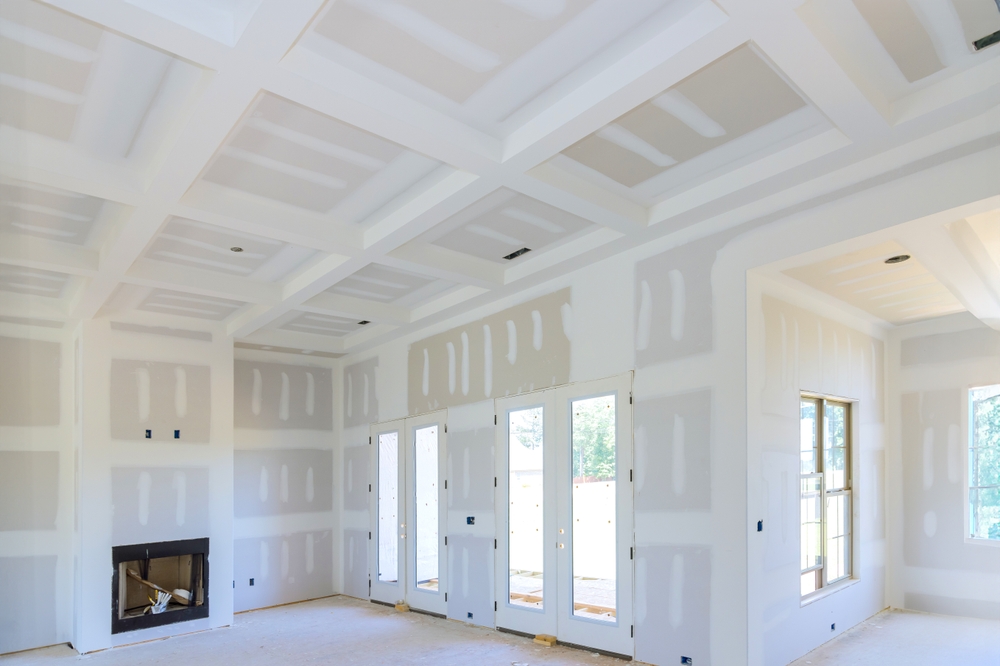
Photo by ungvar via Shutterstock
Modern homes are built to meet current energy standards, making them more efficient than older homes. Features like better insulation, energy-efficient windows, and advanced HVAC systems reduce utility costs over time and make new homes more environmentally friendly.
Additionally, new homes can easily integrate the latest technology, such as smart thermostats, solar panels, and home automation systems. These features not only improve your quality of life but can also increase the resale value of your home.
Older homes, while sometimes retrofitted with energy-efficient upgrades, often struggle to meet the same standards. Drafty windows, outdated insulation, and inefficient appliances can lead to higher utility bills. Upgrading an older home to match the efficiency of a new build can be both time-consuming and costly.
Location and Land Considerations
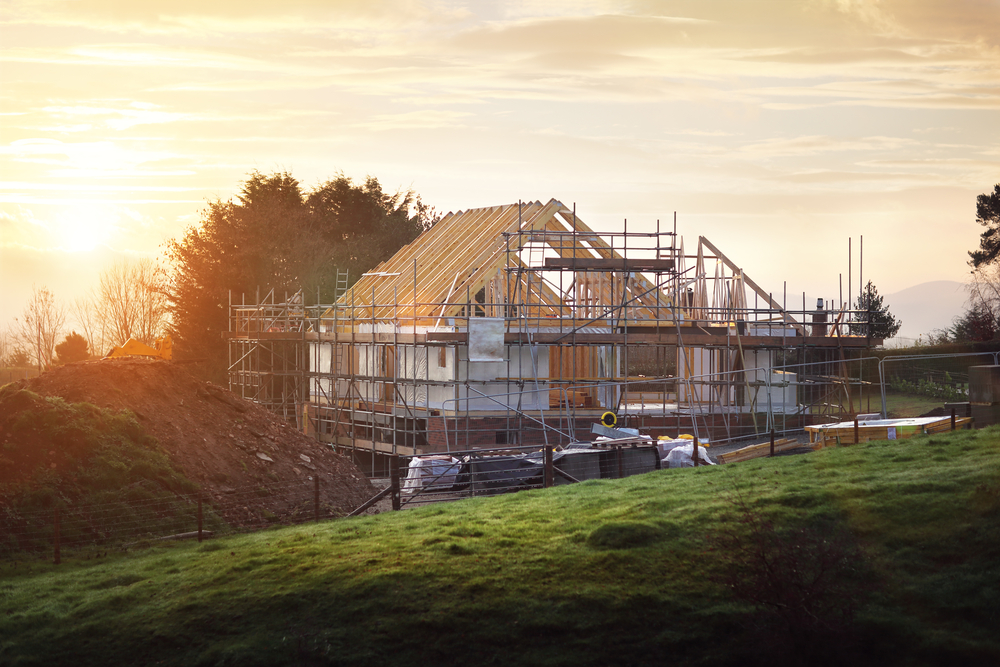
Photo by Brian A Jackson via Shutterstock
When building a new home, the location plays a huge role in your decision. You’ll need to purchase land, which could be in a new development or a more rural area (which is less expensive). While this gives you the opportunity to choose a location that fits your needs—whether it’s proximity to schools, work, or natural beauty—it can also mean sacrificing the established charm and amenities of older neighborhoods.
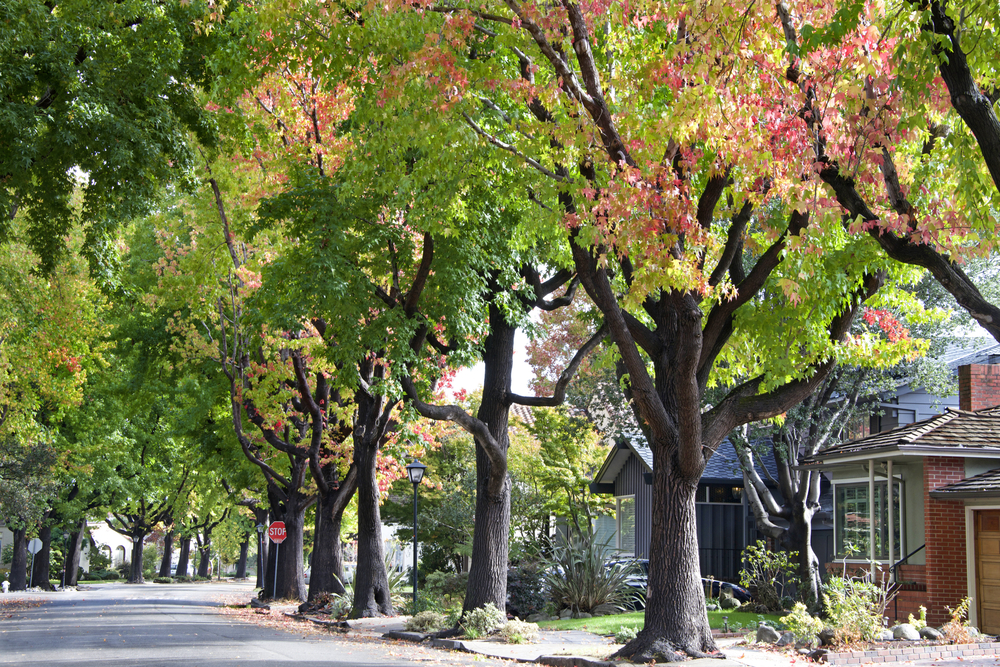
Photo by Sheila Fitzgerald via Shutterstock
Older homes are often located in well-established areas with mature landscaping, larger lots, and a sense of community. These neighborhoods may also offer shorter commutes and access to desirable amenities. However, finding an older home in your ideal location can be challenging, especially in competitive markets like the Los Angeles area.
Ultimately, the decision here depends on your priorities. If you’re set on a specific location, buying an existing home may make more sense. But if you’re open to new developments or rural areas, building can give you the best of both worlds—a perfect location and a brand-new home.
Timeline: Time to Move In

Photo by 4 PM production via Shutterstock
Building a home takes time—often a year or more, depending on the complexity of the project. If you’re in a hurry to move, this can be a significant drawback. Delays due to weather, supply chain issues, or labor shortages can further extend the timeline, too.
Buying an older home, on the other hand, is usually a faster process. Once your offer is accepted, the closing process typically takes 30-60 days. This makes purchasing an existing home ideal for those who need to move quickly.
However, the timeline for buying an older home isn’t always smooth. Renovations can add months to your move-in date, especially if major updates are needed. If time isn’t a critical factor, building a new home allows you to create a space that’s truly move-in ready from day one. But, if time is of the essence, buying an existing home—even if it needs some repairs—will likely be much faster.
Resale Value: Which Option Pays Off?
When considering the long-term investment, it’s important to think about resale value. New homes often retain their value well, especially if they’re in growing areas or desirable neighborhoods. Buyers are attracted to the low-maintenance aspect of newer homes, as well as their modern features and energy efficiency.
Older homes, particularly those with unique architectural details or historical significance, can also hold their value. However, their resale potential often depends on the extent of necessary updates and the overall condition of the property. Homes that require extensive renovations may be harder to sell or may not fetch a premium price.
If maximizing your investment is a priority, building a new home in a well-chosen location is often the safer bet.
Final thoughts: Why Building Often Wins
While both building a new home and buying an existing one have their merits, building new often offers the greatest rewards. From customization and energy efficiency to lower maintenance costs and better resale value, a new build provides the opportunity to create a home that fits your lifestyle and future needs perfectly.
That said, your decision ultimately depends on your priorities. If you value charm, established neighborhoods, and a quicker move-in timeline, buying an older home might be the right choice. But if you’re looking for a home designed specifically to your preferences, with the latest technology and energy-saving features, and want to minimize surprises in maintenance and repairs, building a new home is the way to go.
The process of building a home requires patience and careful planning, but the end result—a home tailored to your exact needs—is worth the effort for many homeowners. By weighing the factors discussed in this article, you can make an informed decision that aligns with your budget, timeline, and vision for the future. Whatever you choose, the most important thing is to do your due diligence and make an informed decision to protect your investment, be that a brand-new home or an older one.
Hero image by Ray Redstone via Shutterstock
